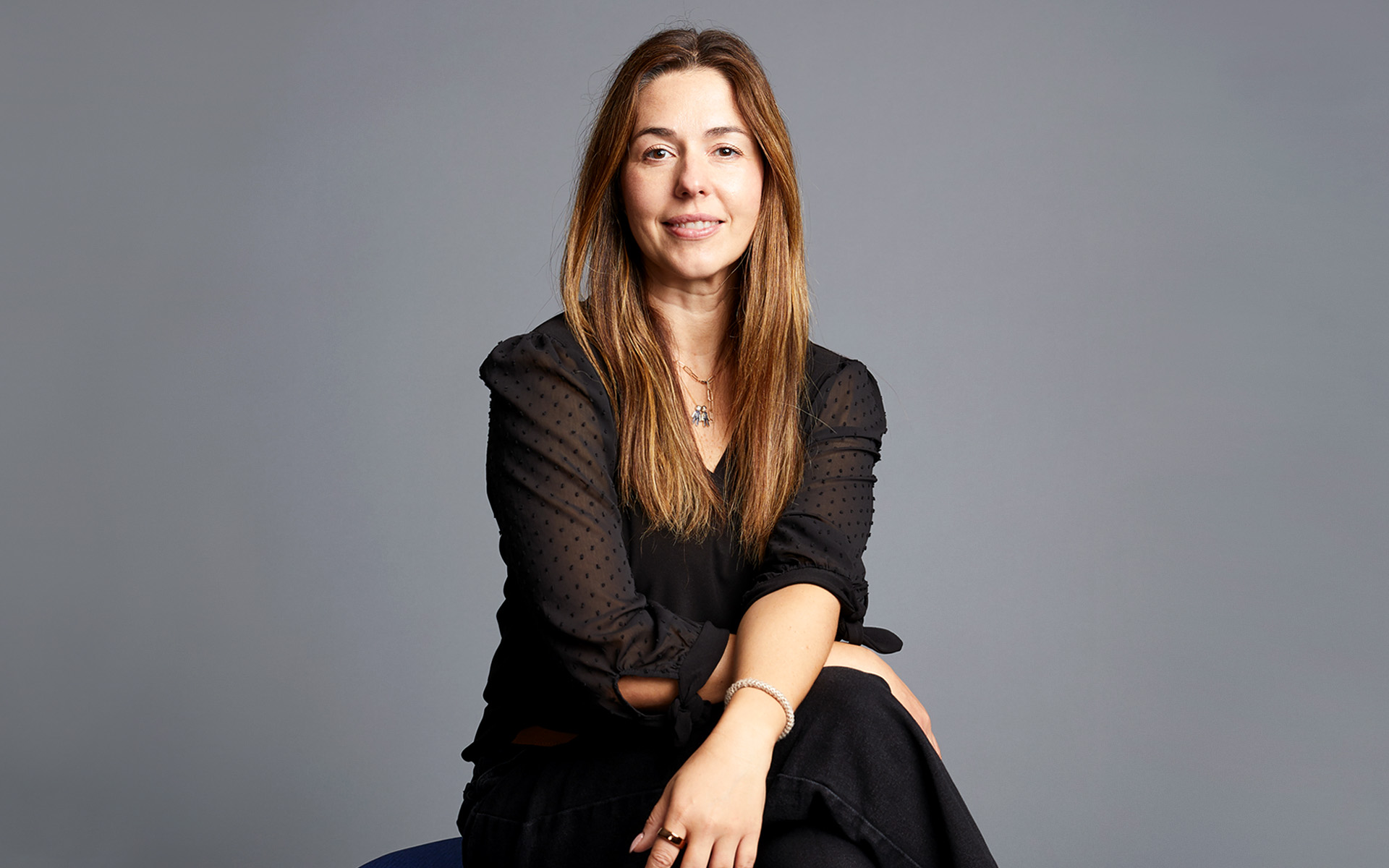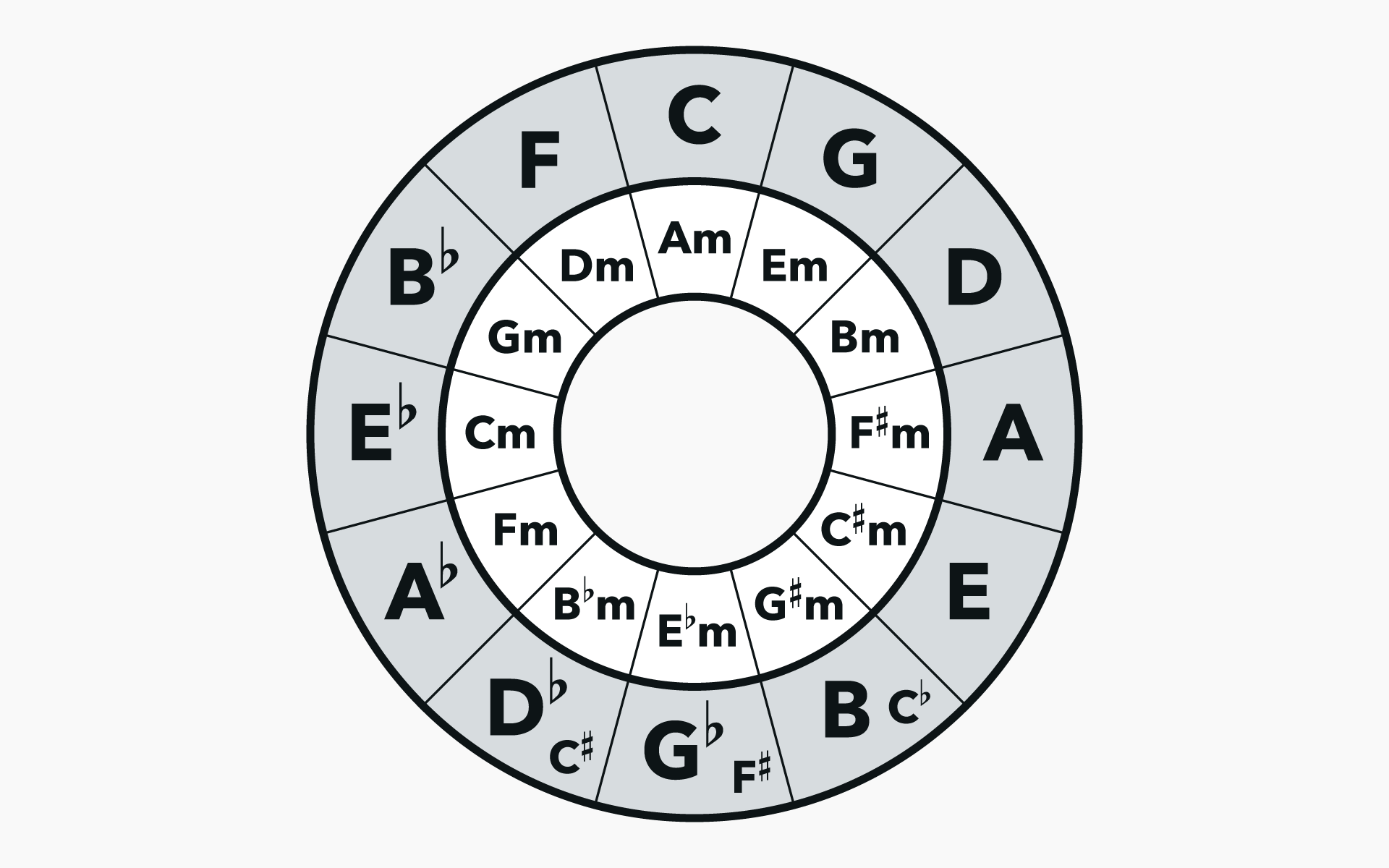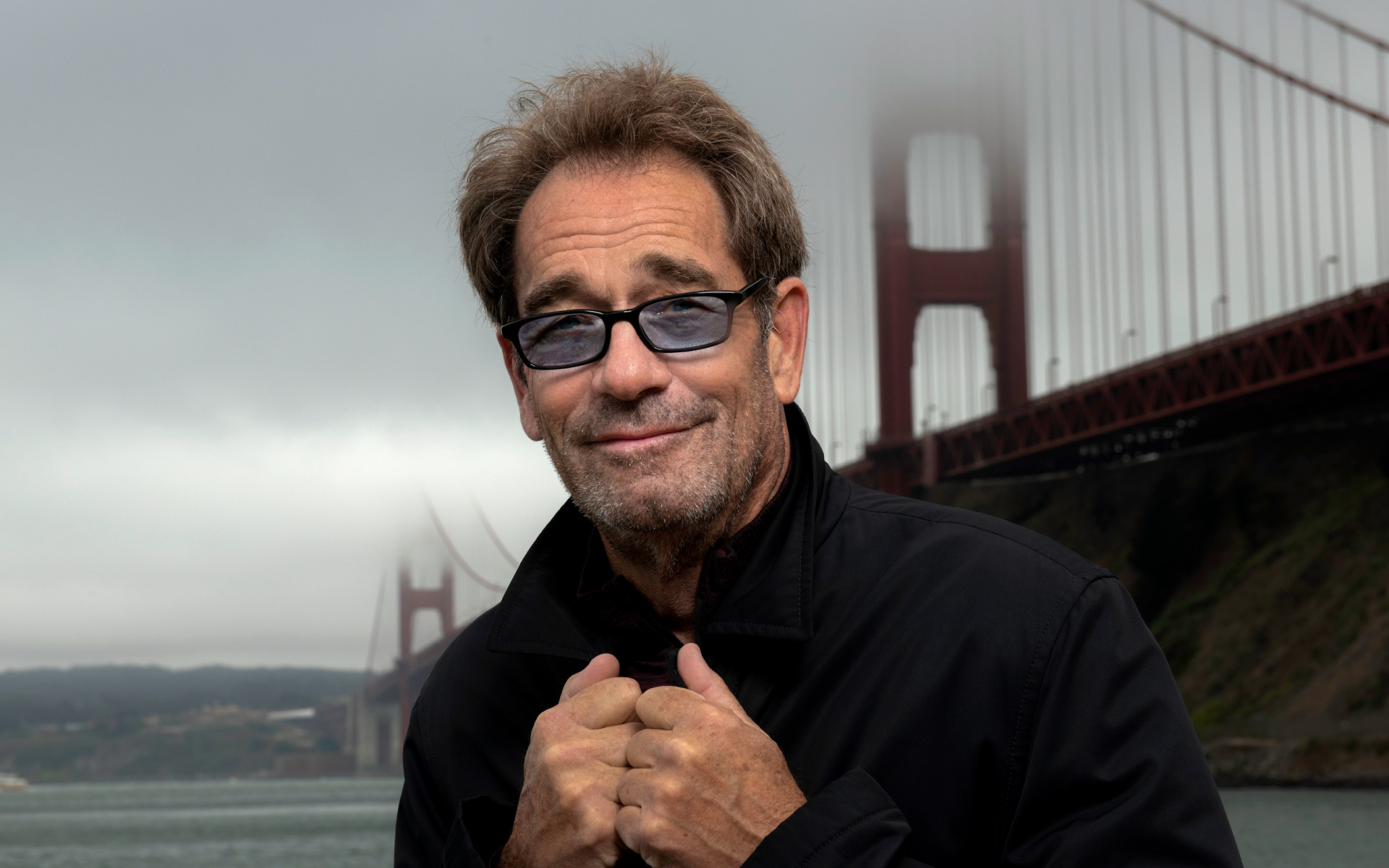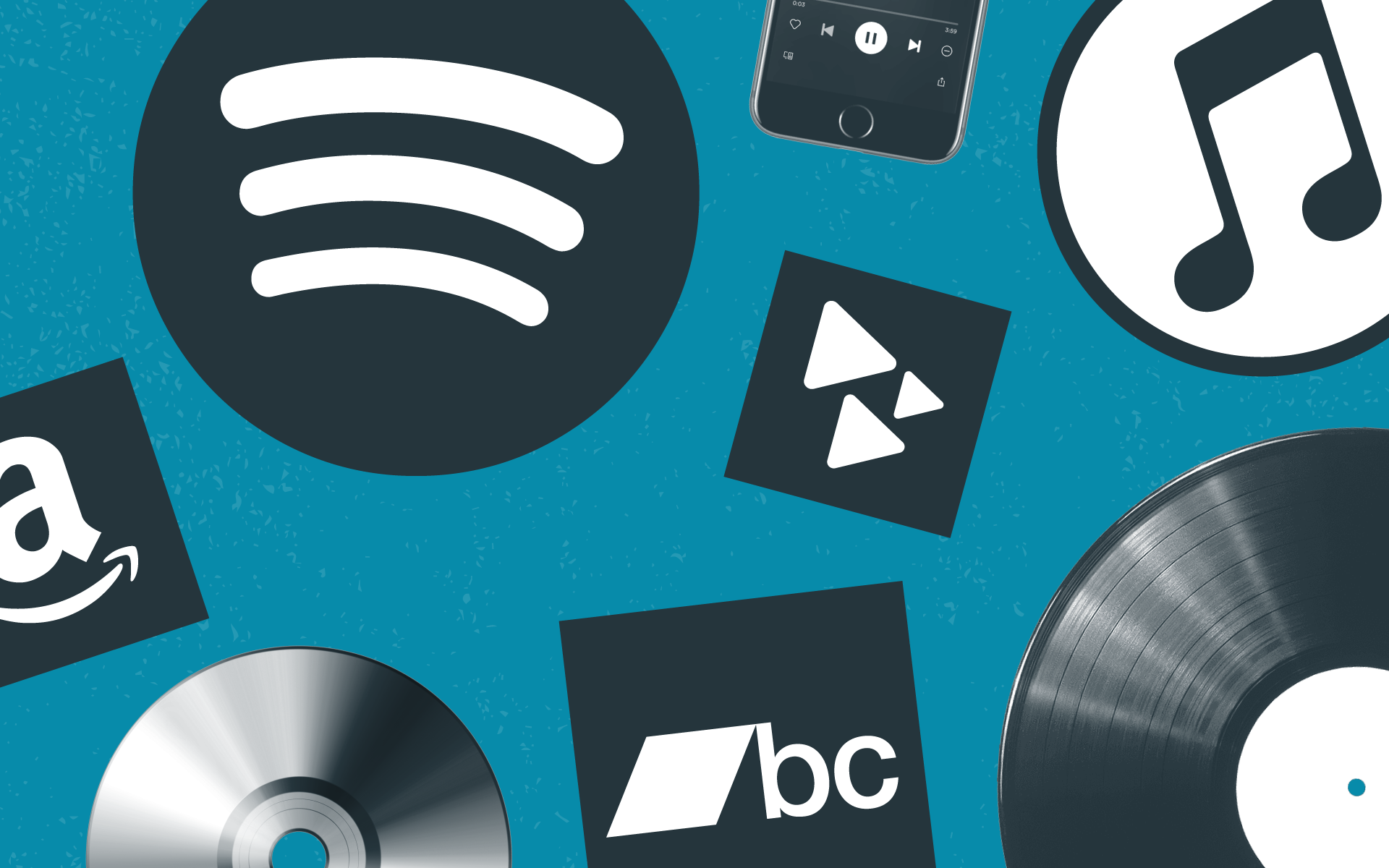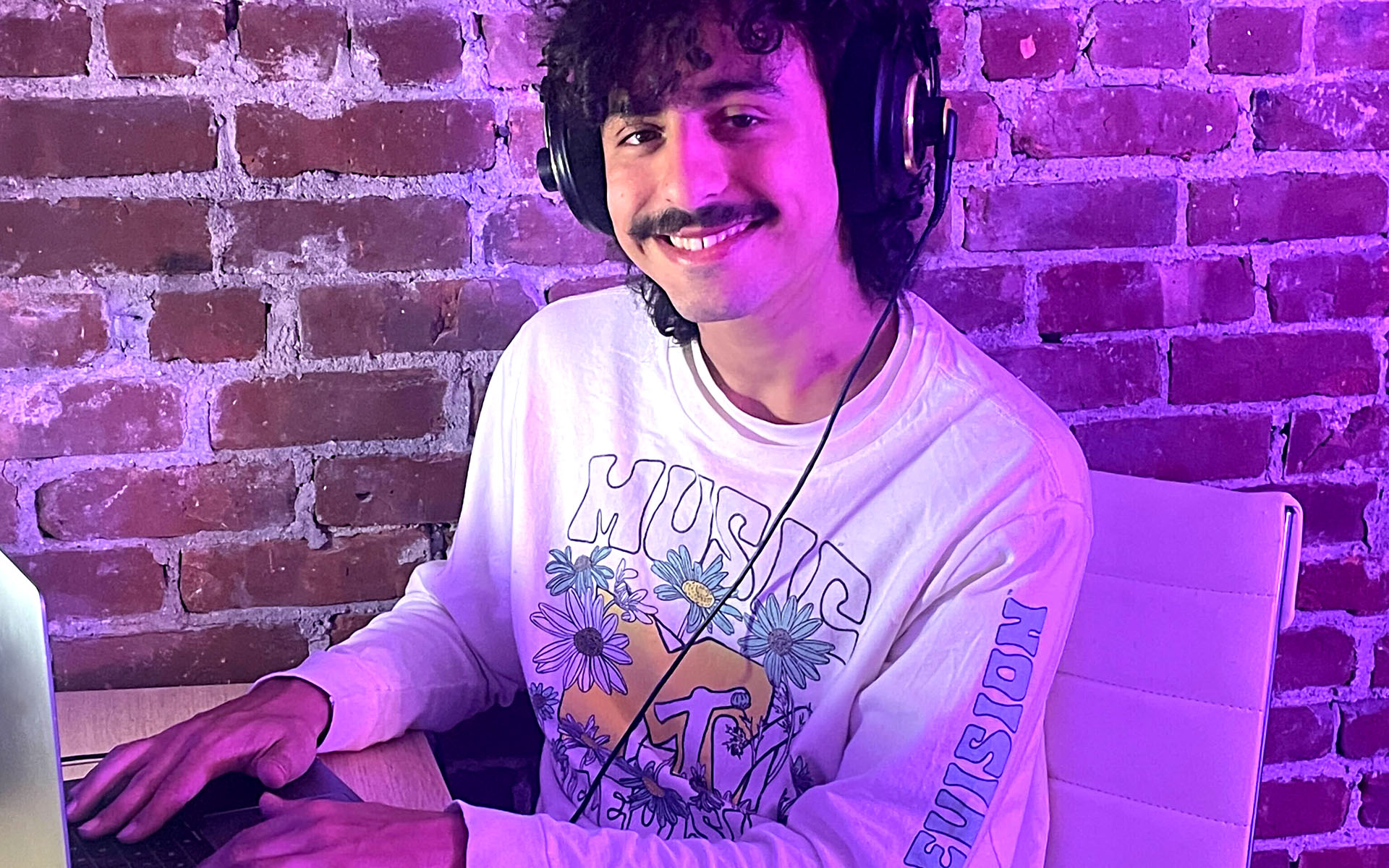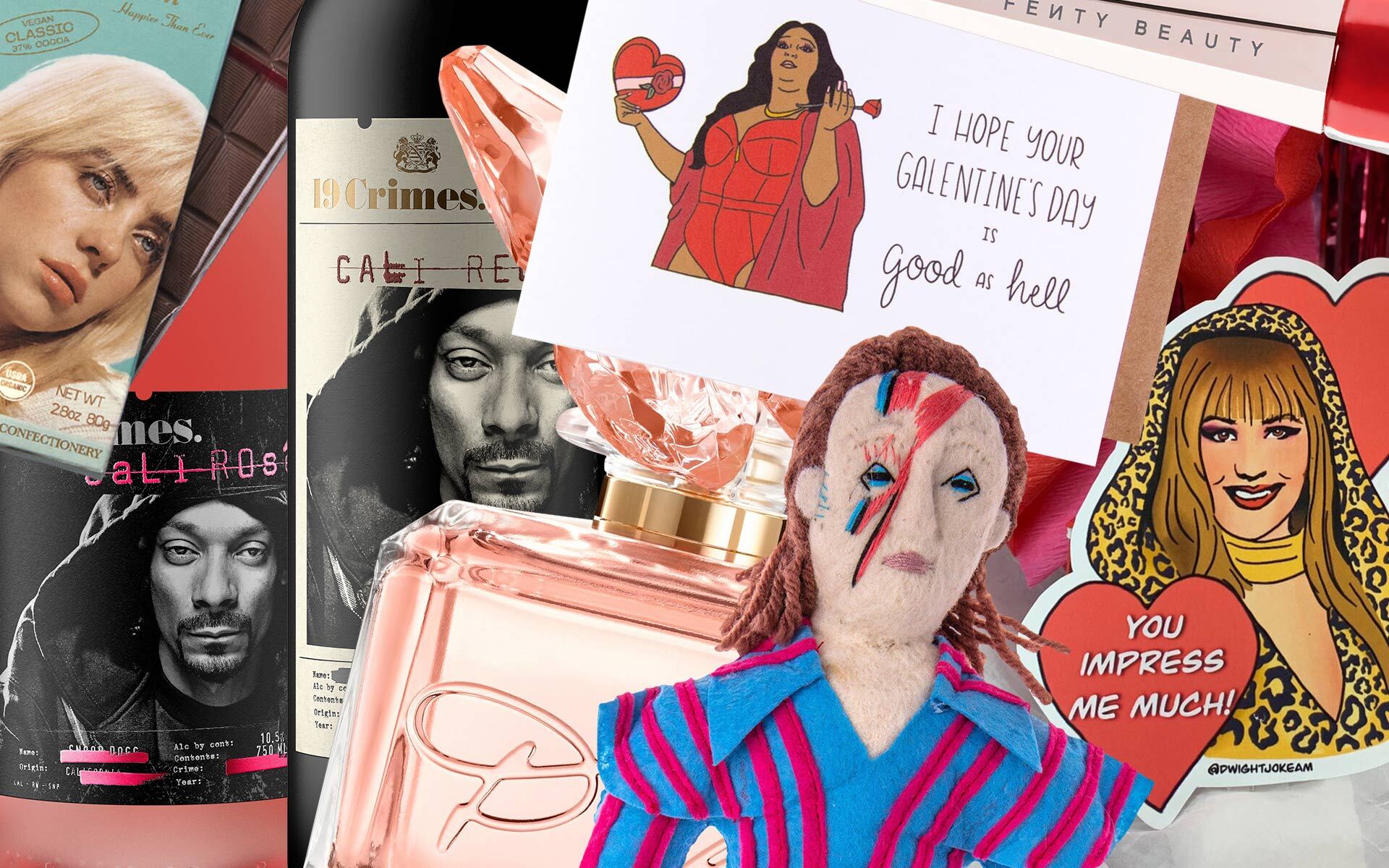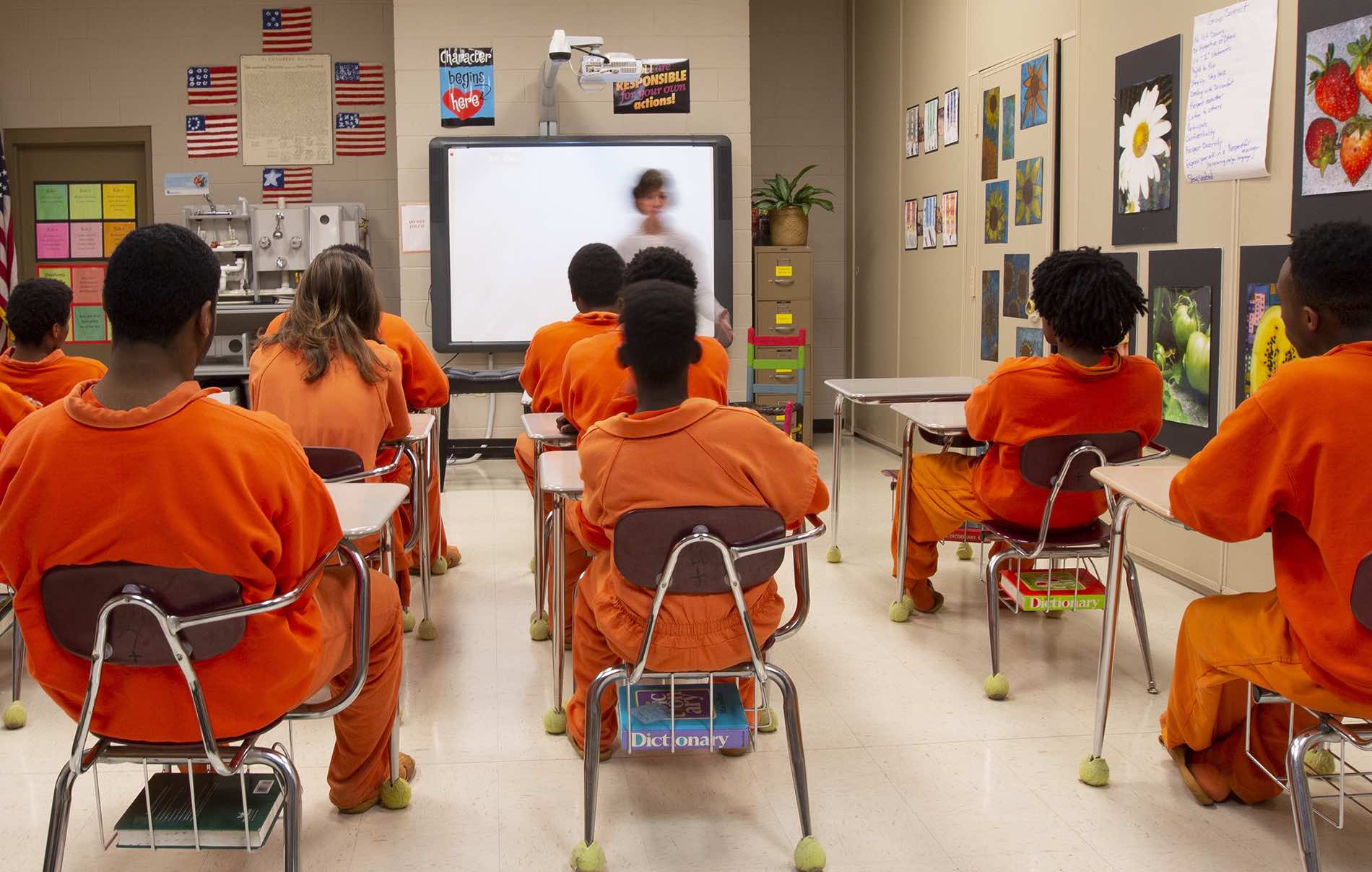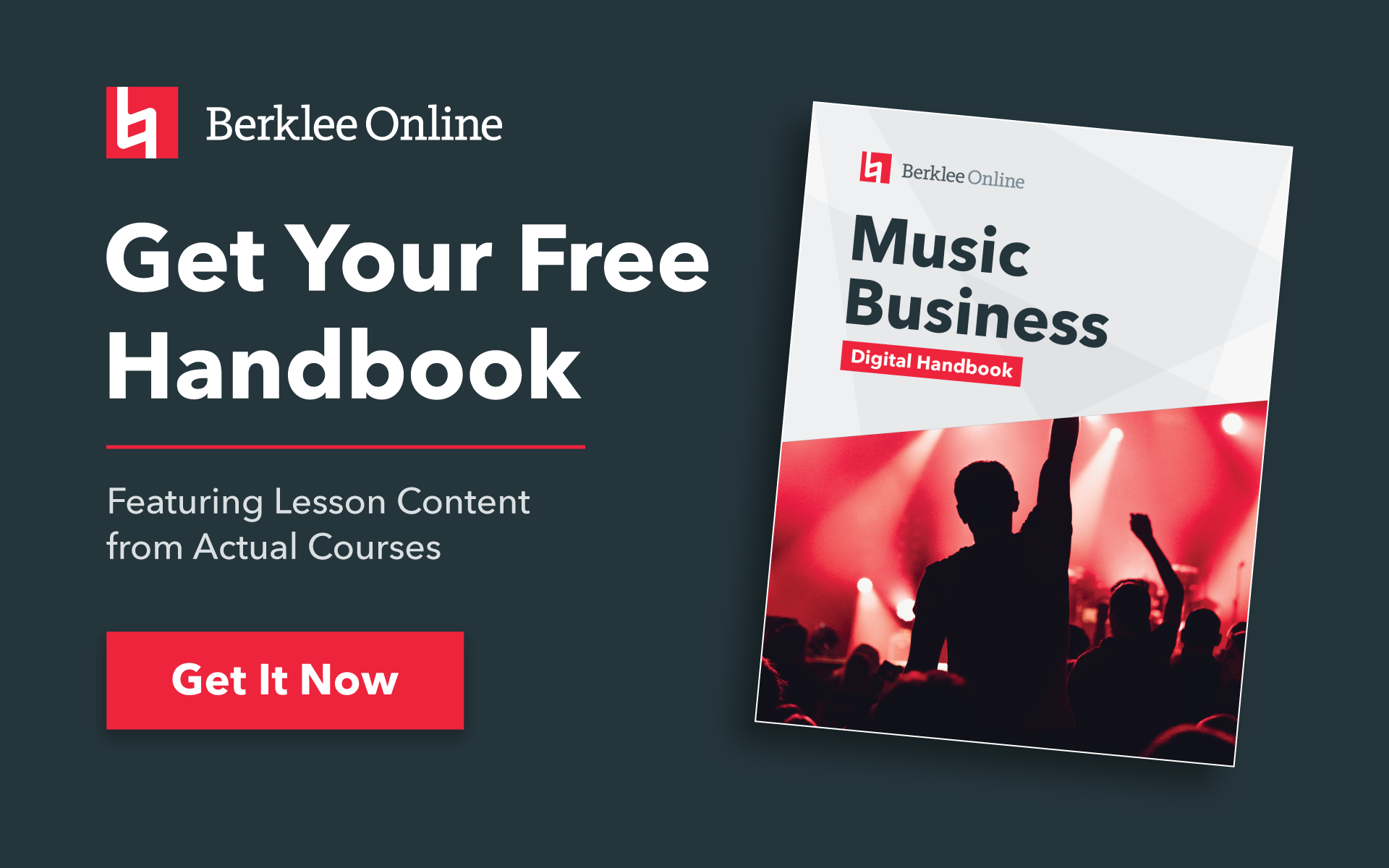The following is a guest post from Chris Robley, Senior Content Specialist for CD Baby.
I work at CD Baby, where we help hundreds of artists every day release and monetize new music. Many of those artists are understandably excited to get their stuff out ASAP.
And while yes, we can make songs available on platforms like Spotify and Apple Music in a matter of days, artists who rush through the music distribution process often miss opportunities that could’ve helped their music go further.
Here are five key things to consider when releasing new music:
1. You should release a single first
If you’ve never released music before under your current artist name, you MUST put out a single first. Why? Because you can’t claim your artist profiles on many of the popular streaming platforms until you have music ON those platforms.
In order to use the pre-release promo tools these services provide (such as those within Spotify for Artists), you’ve gotta plant your flag with a single. Then you’ll be ready to make the most of your promotion for a follow-up single, EP, or album.
If you DO have music out there, you probably already know singles are a solid way to build momentum towards a larger release. So plan to distribute at least one song ahead of your album launch.
2. Release dates don’t matter, but release timelines do
Most bloggers and editorial teams only push what’s fresh. But in the age of algorithmic playlists and limitless digital shelf-space, many LISTENERS don’t give a damn how old or new your music is, only whether it sounds good and fits their needs. That’s great for you as an artist, because it means your back catalog can keep working for you long-term (and your oldest songs will always be new to someone).
In that sense, release dates don’t matter, and there’s no such thing as an expiration date. However, release timelines are VERY important.
Here are just a few of the music promotion and retail opportunities that require you to plan in advance:
- Submitting your music to Spotify for playlist consideration
- Guaranteeing that your followers hear your new stuff in Release Radar
- Enabling a pre-add on Apple Music
- Running a pre-save campaign on Spotify
- Offering pre-sales via iTunes and Amazon
None of these things are possible if you’re rushing. Give yourself at least a month in advance of the release date to set it all up properly.
3. Music Distribution is about MUCH MORE than pushing files
In some ways, moving music from point A to Z is the easy part. It’s everything ELSE that makes the difference.
Your music distributor should handle:
- Robust metadata collection
- Efficient rights management
- Manual inspection of every release
- Complete music monetization
- Accurate, detailed, and swift accounting
- Customer service and artist support
With all these “extras” you know your music will be properly delivered, that you’re safeguarded from platform guideline violations or rights disputes, that you’ll get paid on time, and that you’re set up to collect royalties from the most sources possible — including social videos (on Instagram, YouTube, Facebook, etc.), sync licensing, global publishing revenues, and more.
With more ways than ever to generate money from your recordings and compositions, and with more services requiring 100% accurate metadata in order to keep music available on their platforms, it’s not enough to just “get your music out there” anymore.
CD Baby has paid artists every week for more than 20 years, we provide complete music monetization and publishing administration (in addition to music distribution), AND — because of our efforts in metadata and rights management — we’re the only digital music aggregator to have top-preferred status with both Apple Music and Spotify.
STUDY MUSIC MARKETING AT BERKLEE ONLINE
4. Physical is still important
Sure, we live in a singles world. But haven’t we always?
In certain genres, albums — physical albums (CDs, vinyl, even cassettes) — remain one of the best low-cost/high-margin ways to deepen your connection with fans, while also putting money in your pocket, or back on the credit card you used to fund your project ; )
This might not be as true for EDM, modern pop, and hip-hop, but physical albums can be important even if fans never remove the shrinkwrap. They’ll be listening via streaming anyway, but the format they can hold in their hands has meaning beyond the music; it’s a memento.
You probably don’t need to press as many units as you might’ve ten or fifteen years ago, but short-run manufacturing is really affordable these days, and the lower quantities you’re pressing actually give your music a limited-edition feel, adding urgency when you offer it for sale to your audience.
[Oh, and just to plug CD Baby one more time, in addition to providing all the music distribution, monetization, and support I mentioned above, we’ll also warehouse your CDs or vinyl, handle all the order-fulfillment, and ship them to your customers for you.]
5. Playlists won’t make you famous
You can’t place all your hopes on a playlist placement. Even if you land a placement on a playlist that has hundreds of thousands of listeners, it doesn’t guarantee you anything.
I recently had a song featured on two pretty big official Spotify playlists, and guess what it did for my CD sales, email signups, and catalog streams?
Nothing.
I could trace almost every CD sale and email signup to OTHER sources besides Spotify. And the placement didn’t do much to drive streams for my other songs on the platform either.
You might’ve heard the term “dry streams” buzzing about. That’s exactly what I got. Hundreds of thousands of dry streams. People listening, hopefully enjoying, but moving right along through the playlist without taking much notice of WHO created the music, and certainly not linking back to my artist profile en masse. : (
That’s sad on the surface, but the silver lining is that we don’t have to spend all our time trying to game some playlist system. Ultimately it comes back to earning fans the old fashioned way, through our own efforts, concerts, direct marketing and social ads, live streams, clever PR, cool videos,… whatever works.
Don’t count on overnight success from a playlist placement or anything else for that matter. Get back to telling your story, make great music, and keep going. Your new music could be an important step in your journey, but making music is a lifelong pursuit.
Get the best distribution for your music — plus full monetization, pro-level marketing tools, and more — at CD Baby.

